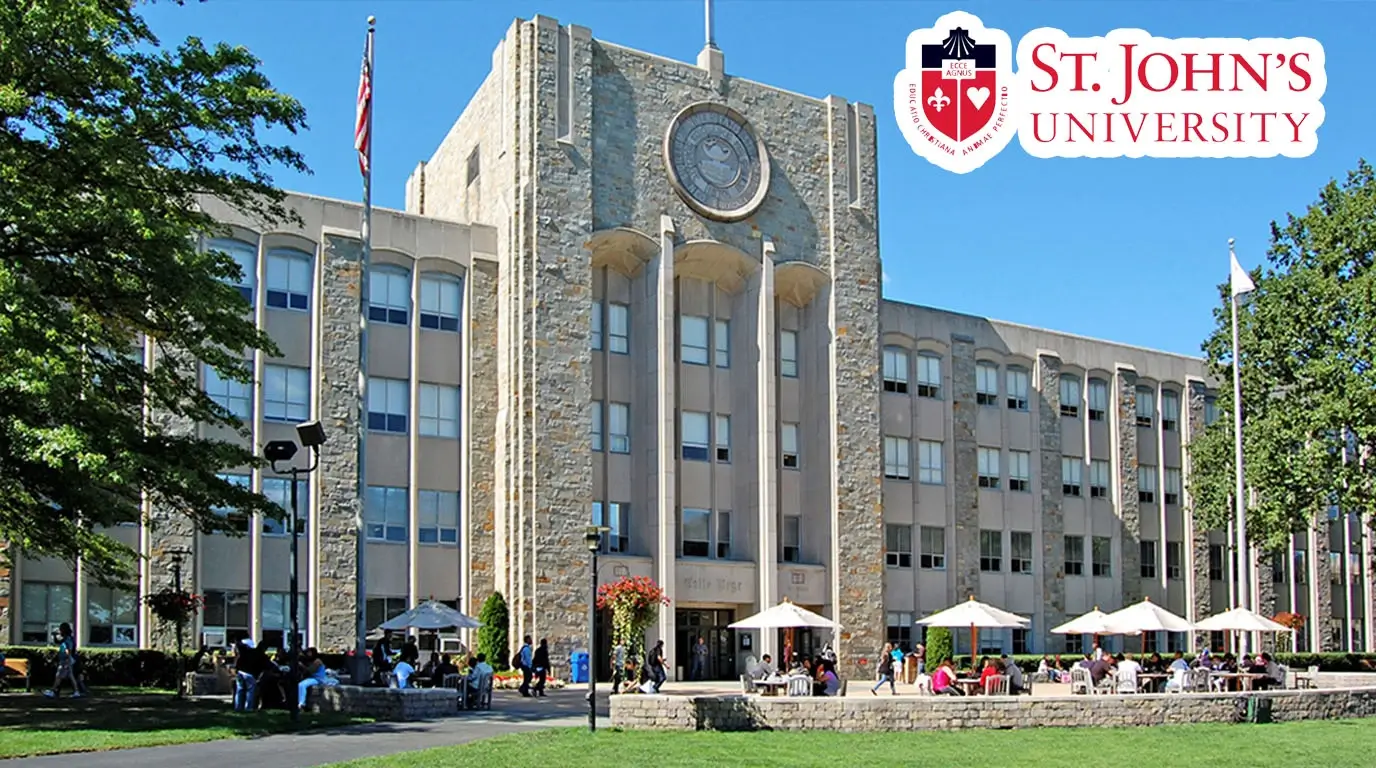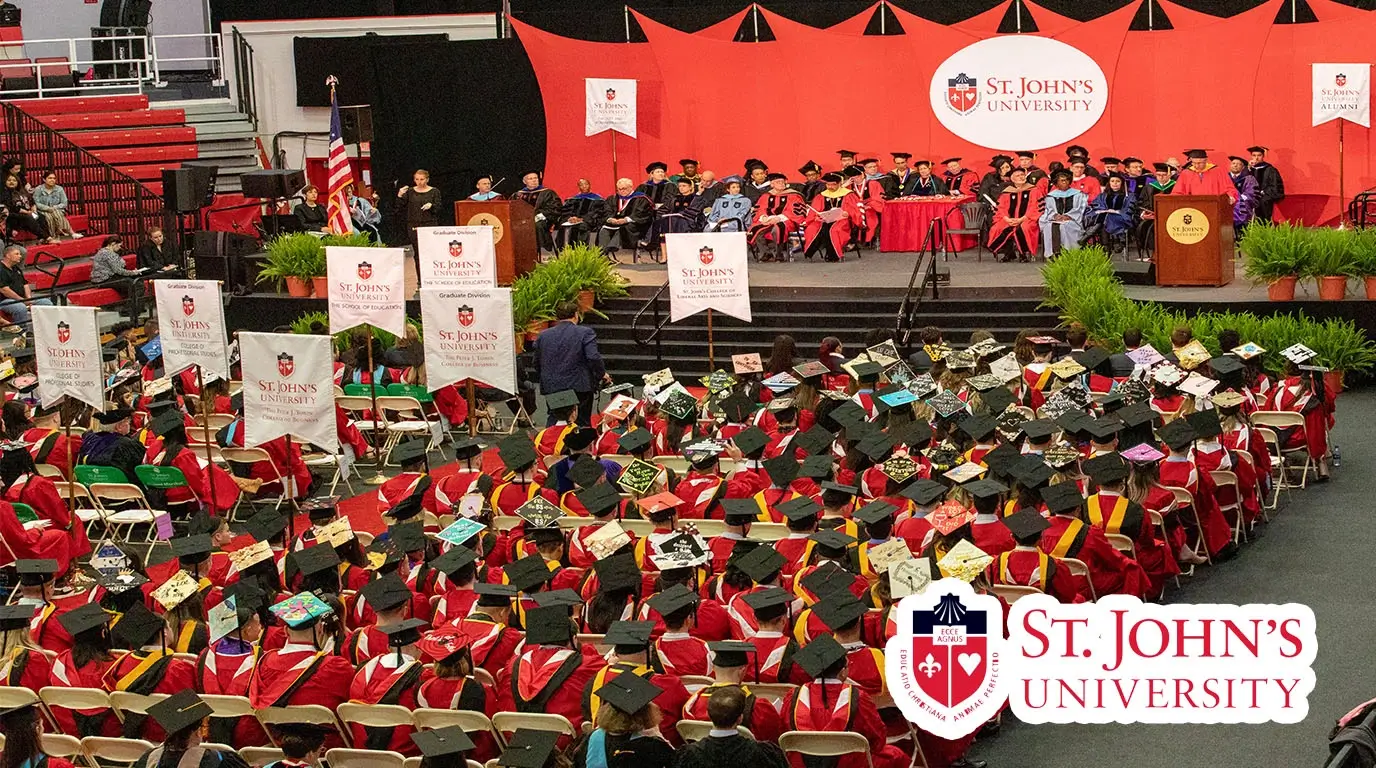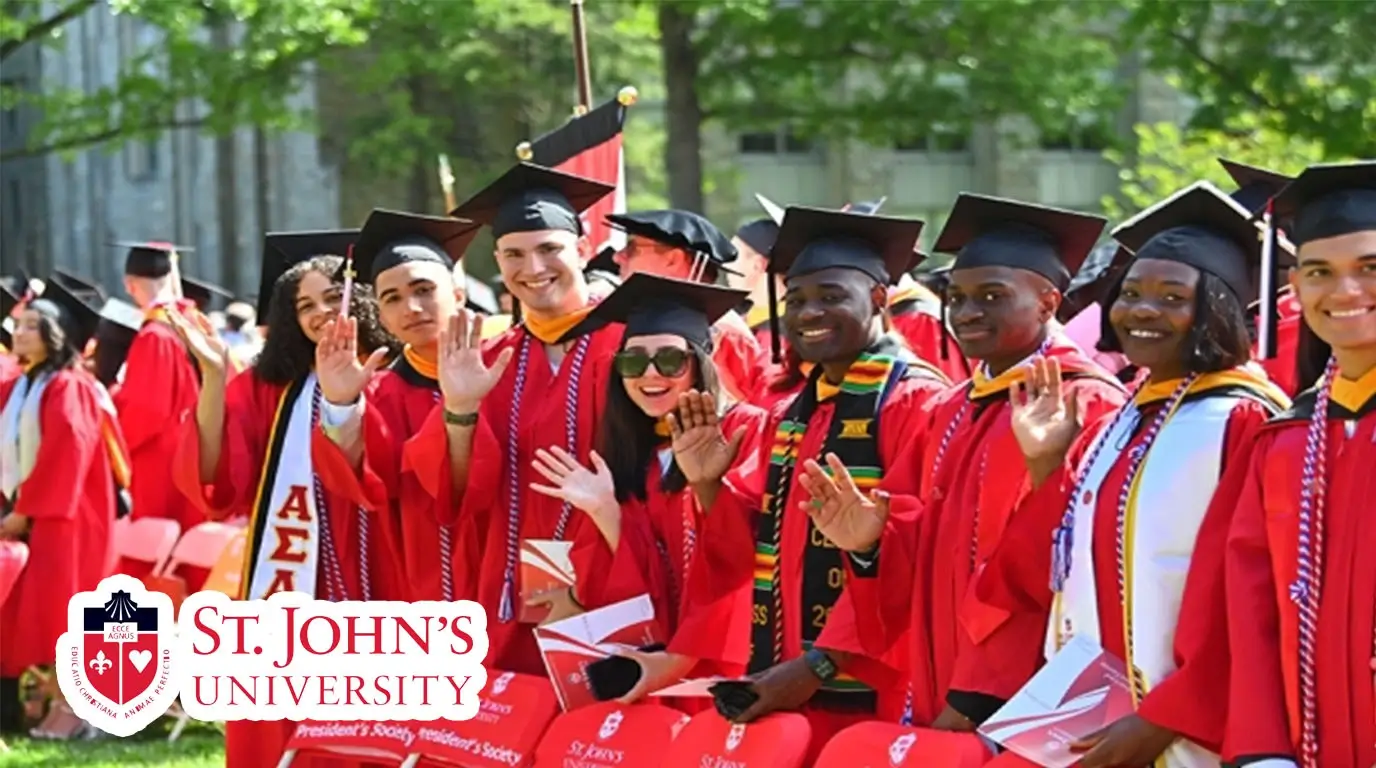The St. John’s University paralegal program is a gem for anyone looking to break into the legal field without going to law school. Housed in the Lesley H. and William L. Collins College of Professional Studies, it’s an American Bar Association-approved program, which means it meets high standards for paralegal education. Graduates earn a paralegal certificate alongside their degree, giving them a credential that opens doors in the job market. What sets St. John’s apart? Its focus on hands-on skills like legal research and writing, its location in New York City’s legal hub, and its faculty of practicing attorneys who bring real-world experience to the classroom.
Table of Contents
St. John’s University paralegal program Overview

St. John’s has been shaping legal professionals for decades, and its paralegal program, part of the Division of Legal Studies, is no exception. The program is led by Professor James Croft, a seasoned attorney who emphasizes practical skills that translate directly to the workplace. The mission here is clear: equip students with the tools to excel as paralegals or prepare for law school through rigorous training in legal analysis, research, and procedure. It’s designed to balance theory with practice, ensuring you’re not just memorizing laws but learning how to apply them.
Curriculum Details
The St. John’s University paralegal program offers a robust curriculum, whether you’re pursuing an Associate of Science (60 credits) or a Bachelor of Science in Legal Studies. Core courses include:
- LES 1100: Introduction to Legal Studies – Learn to read legal texts and understand basic litigation procedures.
- LES 1101: Legal Research and Writing I – Master how to research cases and draft professional legal documents.
- LES 1102: Legal Research and Writing II – Build on your skills with advanced research techniques.
Unique offerings include courses like Bankruptcy Law and Real Estate Law, reflecting St. John’s location in a real estate and financial hub. The program emphasizes practical skills through mock trials and case studies. Students typically complete the associate’s degree in two years or the bachelor’s in four, with no formal specialization tracks but plenty of electives to tailor your focus.
St. John’s University paralegal program Admission Requirements
Ready to apply? For the St. John’s University paralegal program, you’ll need a high school diploma or equivalent. No specific prerequisites are required, but a strong interest in law helps. The application process involves:
- Submitting transcripts
- A personal statement
- Letters of recommendation (optional but encouraged)
Deadlines vary, but fall admission typically closes in March, with rolling admissions for some programs. Check St. John’s admissions page for exact dates. The selection process is holistic, meaning they look at your grades, motivation, and potential to succeed.
Program Formats & Schedule
Flexibility is a big draw here. The St. John’s University paralegal program offers full-time and part-time options, with classes available during the day or evening to fit your schedule. Most courses are in-person at the Queens campus, though some electives may be hybrid. The associate’s degree takes about two years full-time, while the bachelor’s takes four. Classes start in fall and spring, with summer sessions for those wanting to speed things up. Note: This program isn’t fully online, as the ABA requires significant face-to-face instruction.
St. John’s University Faculty Spotlight

The faculty at St. John’s are a standout feature. Every professor is a licensed attorney with years of practice under their belt. Professor James Croft, the program director, is known for his expertise in legal writing and procedure. Other faculty bring experience from corporate law, criminal justice, and real estate, offering insights you won’t find in textbooks. With a low student-to-faculty ratio, you’ll get personalized attention, which is crucial for mastering complex legal concepts.
Facilities & Resources
St. John’s Queens campus is a paralegal’s playground. The law library gives you access to legal databases like Westlaw and LexisNexis, which are industry standards. Mock courtrooms let you practice litigation skills, and the career services office offers resume workshops and job placement support tailored to paralegal students. The Lesley H. and William L. Collins College also provides academic advising to keep you on track.
Internship & Field Experience
Hands-on experience is non-negotiable in this field, and St. John’s delivers. The St. John’s University paralegal program connects students with internships at law firms, government agencies, and corporate legal departments across New York City. Placements are arranged through the career services office, and students have worked in settings like family courts, real estate firms, and nonprofit legal aid organizations. Many graduates land jobs through these connections, with some even hired by their internship employers.
Career Outcomes
Graduates of the St. John’s University paralegal program are in demand. The program boasts a 95% employment rate for its graduates, with alumni working as paralegals, legal assistants, and case managers in law firms, courts, and corporations. According to The Bureau of Labor Statistics, the median paralegal salary is around $60,970, but in NYC, starting salaries often range from $50,000 to $70,000. Career services offer job fairs, networking events, and prep for certifications like NALA’s Certified Paralegal (CP). The job market for paralegals is strong, especially in New York.
St. John’s University paralegal program Tuition & Financial Information
Tuition for the St. John’s University paralegal program varies by degree. The associate’s program costs about $1,500 per credit, totaling roughly $90,000 for 60 credits. The bachelor’s is similar, with additional costs for general education courses. Financial aid is available, including federal loans and program-specific scholarships like the Collins College Merit Scholarship. Payment plans can ease the burden, and veterans may qualify for benefits. Visit St. John’s financial aid page for details.
Student Success Stories
Meet Maria, a 2020 graduate who now works as a paralegal at a top NYC law firm. She credits St. John’s internships for her job offer. Then there’s James, who used the program as a stepping stone to law school and is now a practicing attorney. Alumni often praise the faculty’s mentorship and the program’s real-world focus. One graduate said, “St. John’s didn’t just teach me law—it taught me how to think like a legal professional.”
St. John’s University paralegal program: How to Apply

Applying to the St. John’s University paralegal program is straightforward. Start at St. John’s admissions portal. Submit your application, transcripts, and personal statement online—no fee for undergrad programs! After applying, you’ll hear back within a few weeks. The admissions office offers virtual info sessions and one-on-one advising to guide you. Reach out at [email protected] for support.
Contact Information
Got questions? Contact the Lesley H. and William L. Collins College of Professional Studies at 718-990-2000 or [email protected]. Want to see the campus? Schedule a visit through St. John’s visit page. You can also fill out a request for information form on their site to stay updated on program news and deadlines.
FAQs
What makes the St. John’s University paralegal program unique?
It’s ABA-approved, offers hands-on training, and is taught by practicing attorneys in NYC’s legal hub.
How long is the St. John’s University paralegal program?
The associate’s degree takes two years, and the bachelor’s takes four, with part-time options available.
What jobs can I get with the St. John’s University paralegal program?
Graduates work as paralegals, legal assistants, or case managers in law firms, courts, and corporations.

